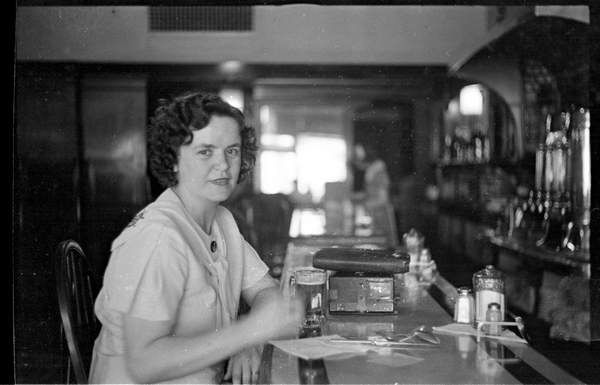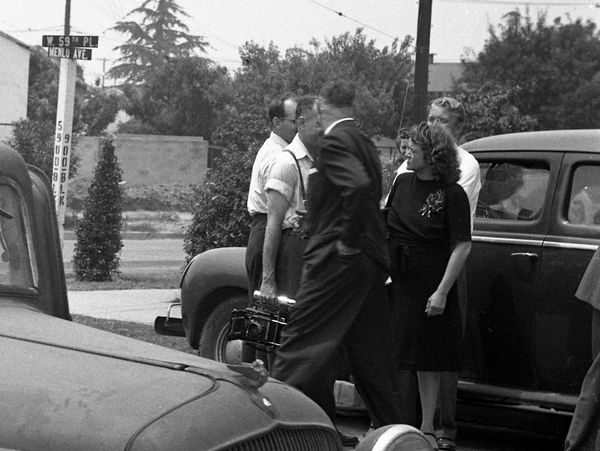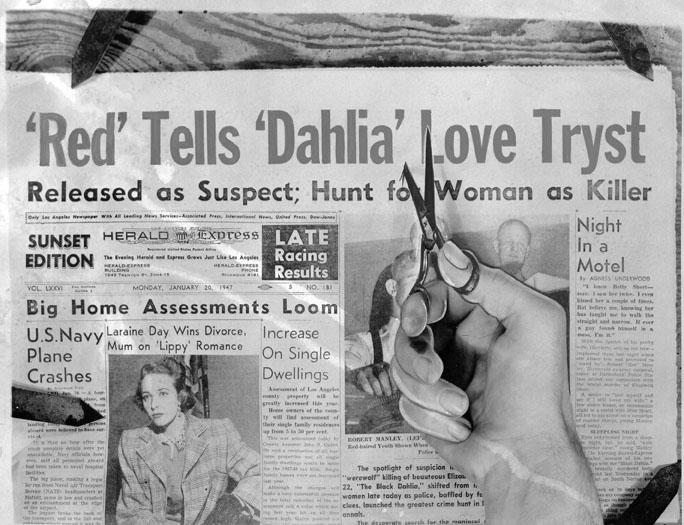Ohio native Grace Hunt was 17 when she married 41-year-old Charles Price Grogan in Los Angeles on April 5, 1902. It was an advantageous marriage for both. Charles basked in the glory of his triumphs, with the press dubbing him the “Olive King,” and a radiant Grace by his side, a queen befitting his grandeur. A few days prior to their fifth wedding anniversary, they welcomed a son, whom they named Charles Patrick Grogan.

Grace and Charles were married for over a decade before they separated. The difference in their ages may have sunk the marriage. Whatever their reasons, the couple had separated by the late 1910s and divorced by the 1920 census—at least that was how Charles declared his marital status. Grace, for the same census, gave her marital status as a widow. Why the discrepancy? Simple; divorce stigmatized women.
Grace was luckier than many women because California, at least in its laws, was more tolerant of divorce than other states. The State’s first divorce law in 1851 recognized impotence, adultery, extreme cruelty, desertion or neglect, habitual intemperance, fraud, and conviction of a felony as legitimate grounds for divorce.
Despite the law’s progressive attitude, divorce could ruin a woman, which is why many women found it easier to claim widowhood than risk suffering the loss of status if their divorce became public knowledge. It seems absurd to us now in these days of no-fault divorce and “conscious uncoupling” (a phrase coined in 2014 by celebrity Gwenyth Paltrow to describe her separation from her musician husband, Chris Martin), but divorce was not a simple matter when Grace and Charles called it quits.
The couple’s family and intimate friends would have known the truth, and the rest of local society may have acknowledged Grace’s widowhood with a nod and a wink and allowed her to continue her fiction unchallenged.
Grace’s claim to widowhood would edge closer to the truth when Charles died of apoplexy (internal bleeding—perhaps because of a stroke) on July 8, 1921.
The Olive King was a wealthy man who loved his only son. He bequeathed Patrick his entire fortune, estimated to be between $1 and $2 million dollars. Until he turned 25, Grace was to administer Patrick’s monthly allowance, which amounted to a princely sum of $800 per month. An agreement had been reached by Grace and Charles regarding their divorce. The couple agreed Charles would create a trust fund, not to exceed $50,000, for her maintenance. To put things into perspective, $50,000 in 1921 is equivalent to three quarters of a million dollars today. And Patrick’s monthly allowance is equivalent to about $12,000. A fortune like the one Charles left Patrick and Grace can attract the best people in society—it can also be a magnet for the worst of humanity.
In her 30s, Grace was beautiful, wealthy, and prominent. She would make a wonderful wife for the right man.
NEXT TIME: Grace meets a new man, as The Murder Complex continues.




